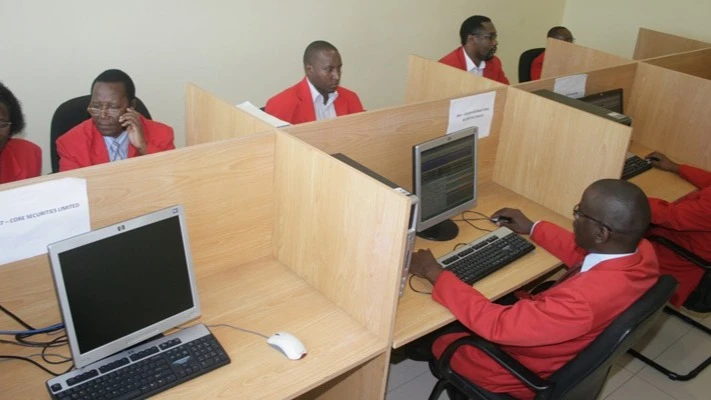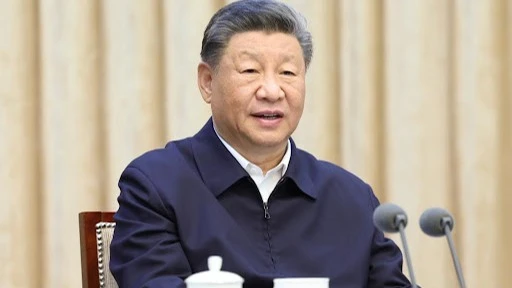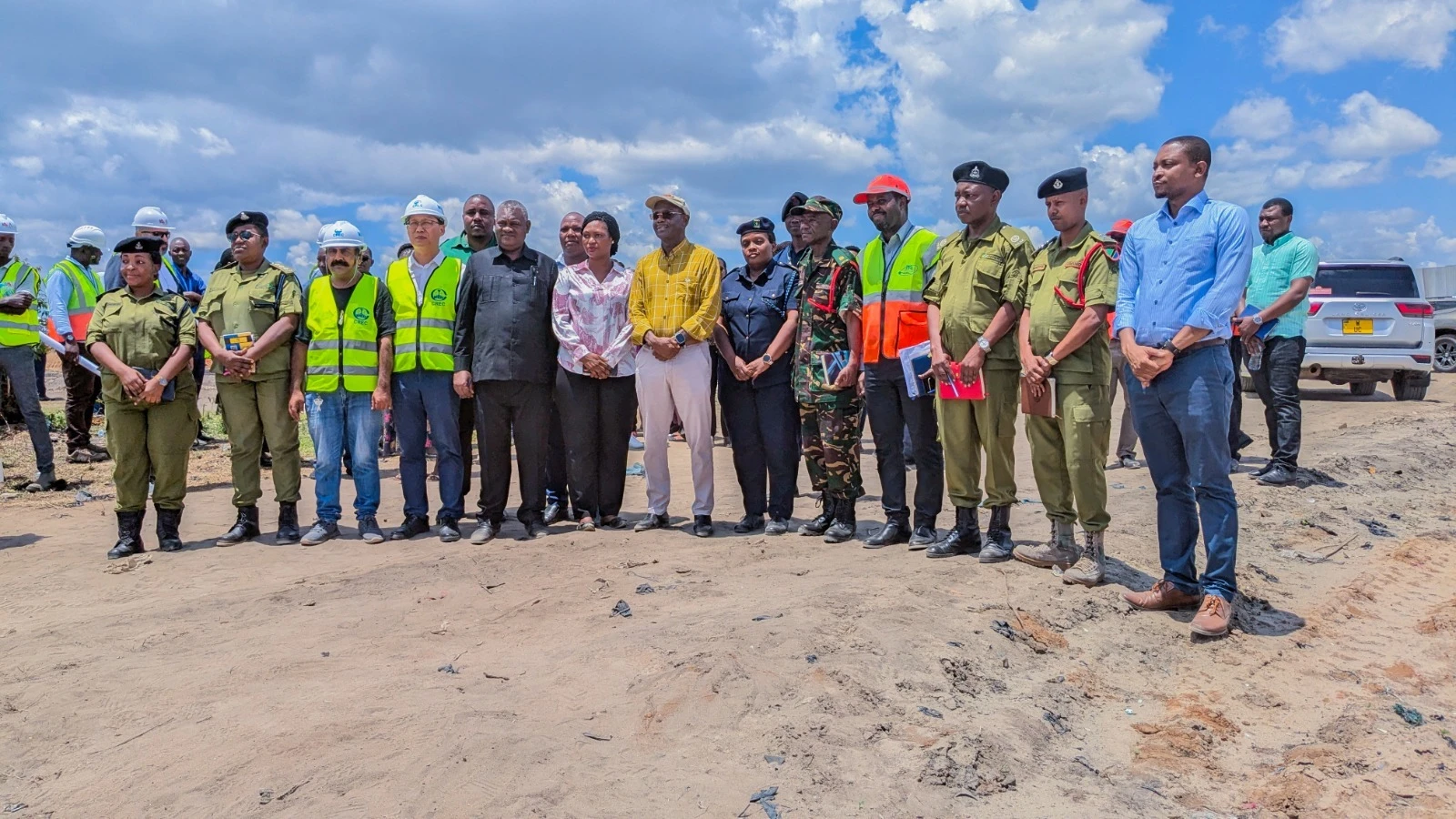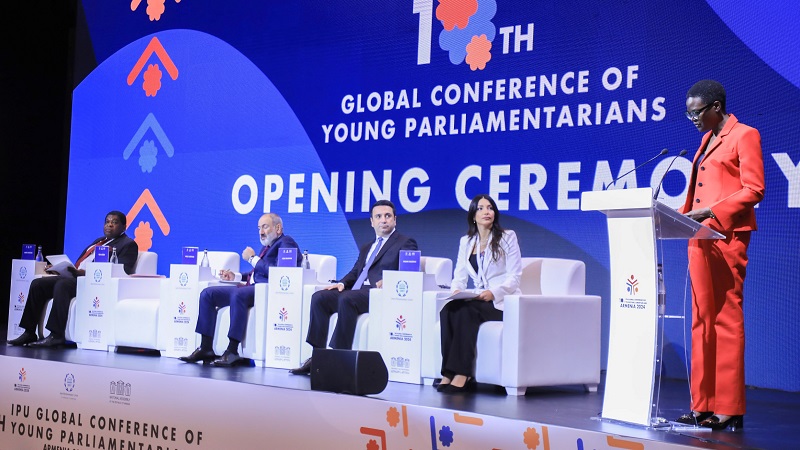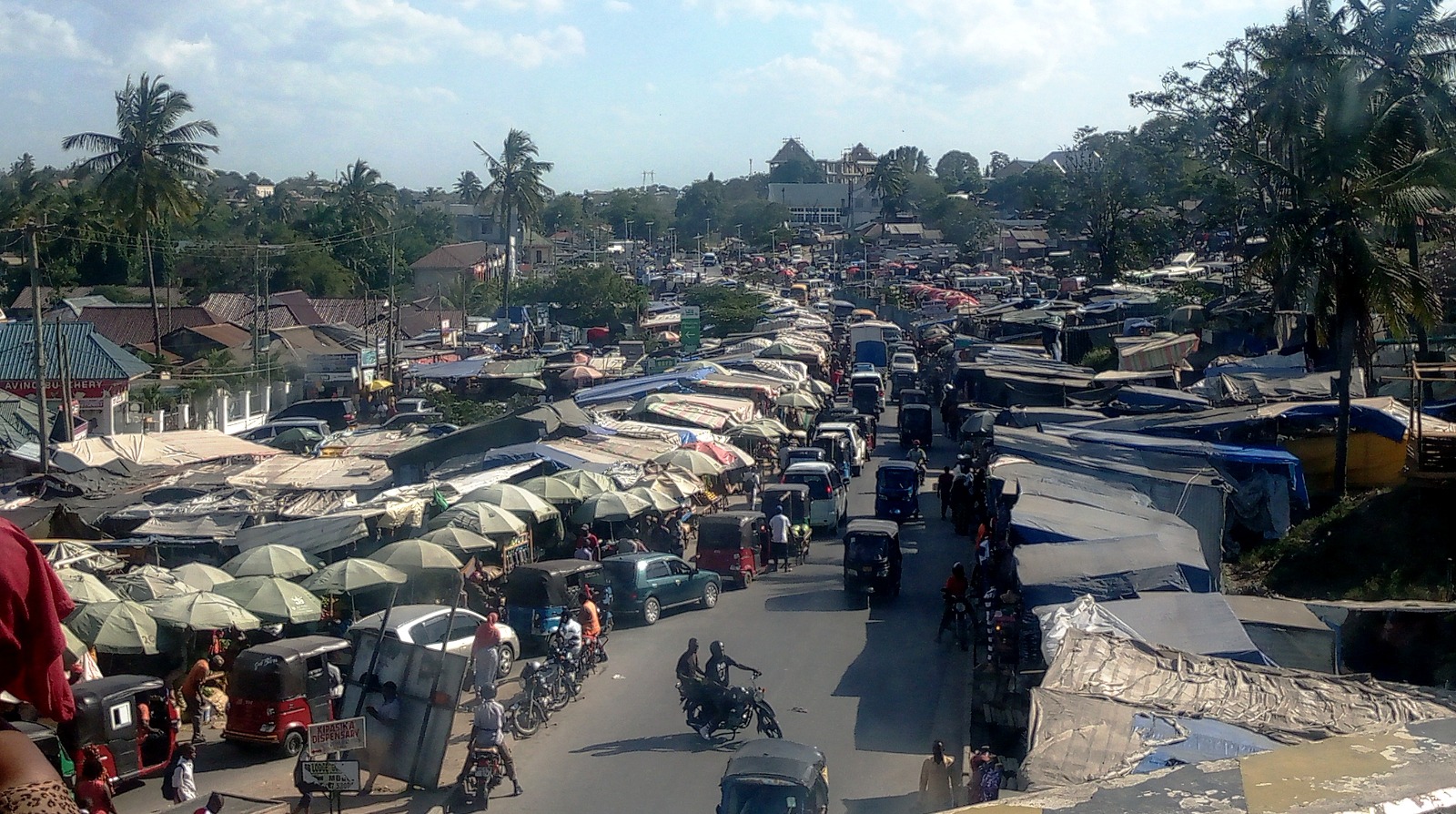Right to healthy, clean environment: Need for increased awareness among local communities
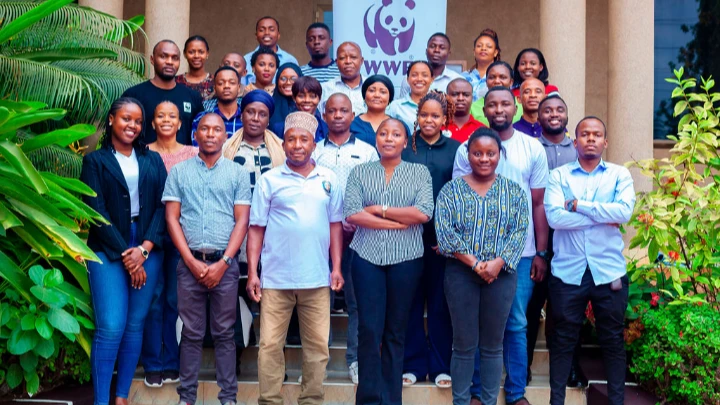
ENVIRONMENTAL rights are a cross-cutting issue of which its history evolved significantly over the years. The United Nations (UN) played a pivotal role in its development whereas the idea was initially discussed in the early 1970s, leading to a number of international agreements and declarations.
In 1972, the UN organized the Stockholm conference on human environment which was held in Stockholm, Sweden. The conference marked the first major international gathering focusing on environmental issues following growing global concerns about environmental degradation, pollution, and the impact of human activities on the planet.
The conference was a watershed moment in environmental diplomacy. It marked the beginning of global recognition of the interdependence between human rights and the environment. It set the stage for future international environmental law and policy, underscoring the importance of environmental protection as a fundamental aspect of human rights and well-being.
Tanzania is one of the countries that emphasize on environmental rights as well as people’s rights to healthy environment. During the conference in Stockholm, 156 out of 193 countries voted to endorse these rights in human life.
Various countries around the globe have started to adopt these rights into their constitutions and legal frameworks, including policies and strategies.
Tanzania has made progress in implementing these rights as they are recognized in the constitution and various laws as fundamental rights.
Tanzania has various laws that protect land, environmental, wildlife, and forest conservation rights. There are also policies and by-laws that operate at district and regional levels. All these laws and policies are designed to facilitate better access to health and environmental rights.
Recently, WWF Tanzania through the ‘Voices for Diversity’ programme brought together stakeholders from Civil Society Organizations (CSOs), youth and others to discuss how they can actively participate in advocacy for inclusive conservation and rights to healthy environment in biodiversity conservation.
The intended objective of the session was to raise awareness of the right to a clean, healthy, and sustainable environment among rights bearers, discuss policies governing this right, and gather their concerns and opinions on its adoption and implementation in Tanzania.
Need for increased awareness
This right needs to be understood by everyone because sometimes people deny themselves these rights unknowingly. Though it has been adopted in Tanzania, there are still many people who are unaware of the rights and how they are supposed to be implemented.
Steven Kapinga, an Environmental Scientist and Activist, said that the environment and human beings are interdependent because the existence of a healthy environment helps humans enjoy their other rights, and at the same time, human rights help to preserve the environment.
The UN General Assembly adopted the resolution recognizing the right to live in a clean and safe environment in August 2022. Tanzania recognizes and respects this right as a human right, as it is one of the countries that endorsed it.
Kapinga, who was the training facilitator, noted that it is crucial for these rights to be included in the country’s constitution since the environment is essential for the nation’s workforce.
Although the right to a clean, safe, and healthy environment is stated in Section 4 of The Environmental Management Act, 2004, if it is included in the constitution, there will be no loopholes to violate it since the constitution is the supreme law, he added.
Elinuru Isaya, is the student at Sokoine University of Agriculture (SUA) and Project Coordinator at the Tanzania Youth Biodiversity Network (TYBN), he told The Guardian that the knowledge gained will empower him and fellow youth to become good ambassadors advocating for environmental protection and sustainable development within their communities and beyond.
Isaya added that the workshop was a significant step towards promoting environmental awareness and action among local communities countrywide by providing a platform for dialogue and knowledge sharing.
“We have been equipped with the necessary tools to advocate for a sustainable future. The insights gained from this workshop will help us in advocating for development of effective policies and initiatives to address environmental challenges, thus ensure the well-being of the people,” he said.
Threats of the rights to healthy environment
Climate change contributes in putting human safety at risk. Kapinga said that the impact of climate change, the unsustainable management and use of natural resources, the pollution of air, land and water, the unsound management of chemicals and waste, and the resulting loss in biodiversity interfere with the enjoyment of these rights.
He said the number of people in the world is increasing every day, with the global population currently estimated at 8.2 billion according to Worldometer. This increase is causing the earth to lose its capacity to accommodate all the people, leading to intense competition for resources, especially water, as it cannot be reproduced.
The scarcity of resources especially water is dangerous posing threats to people’s safety. Pollution of water sources denies people their fundamental right to access clean water while misuse of land leads to a loss of soil fertility, thus affecting food production and leading to food insecurity.
Environmental pollution also contributes to denying people the right to live in a clean and safe environment, he added.
Saving the environment
There are a number of global and local efforts towards rescuing environmental threats, the presence of international conventions which involves different countries such as The Convention on Biological Diversity (CBD) are meant to ensure a healthy planet.
CBD is the international legal instrument for ‘the conservation of biological diversity, sustainable use of its components and the fair and equitable sharing of the benefits arising out of the utilization of genetic resources’ that has been ratified by 196 nations.
The United Nations Framework Convention on Climate Change aims to stabilize greenhouse gas concentrations at a level that would prevent dangerous anthropogenic (human induced) interference with the climate system.
Others are the United Nations Convention to Combat Desertification (UNCCD), The Convention on International Trade in Endangered Species of Wild Fauna and Flora (CITES) and the Convention on the Conservation of Migratory Species of Wild Animals (CMS).
All these conventions were enacted to deal with issues related to environmental conservation. Countries agreed to collaborate in executing these conventions because the environment and biodiversity issues are cross cutting and do not have boundaries.
There are also local laws and policy reforms whereas major strides have been made compared to the past (1970s). Currently, all the policies in Tanzania must state on how the particular sector is going to deal with environmental issues.
Top Headlines
© 2024 IPPMEDIA.COM. ALL RIGHTS RESERVED












